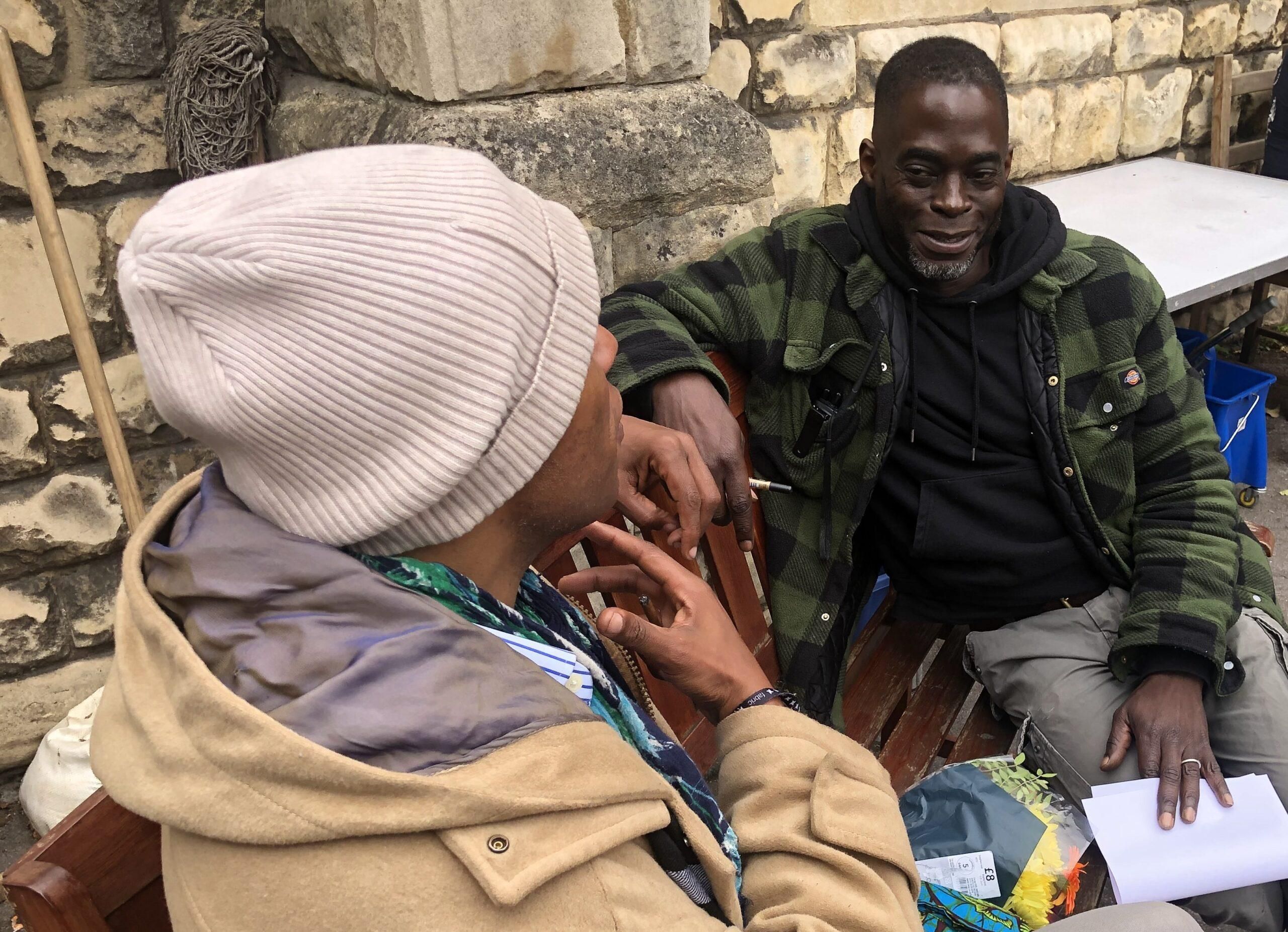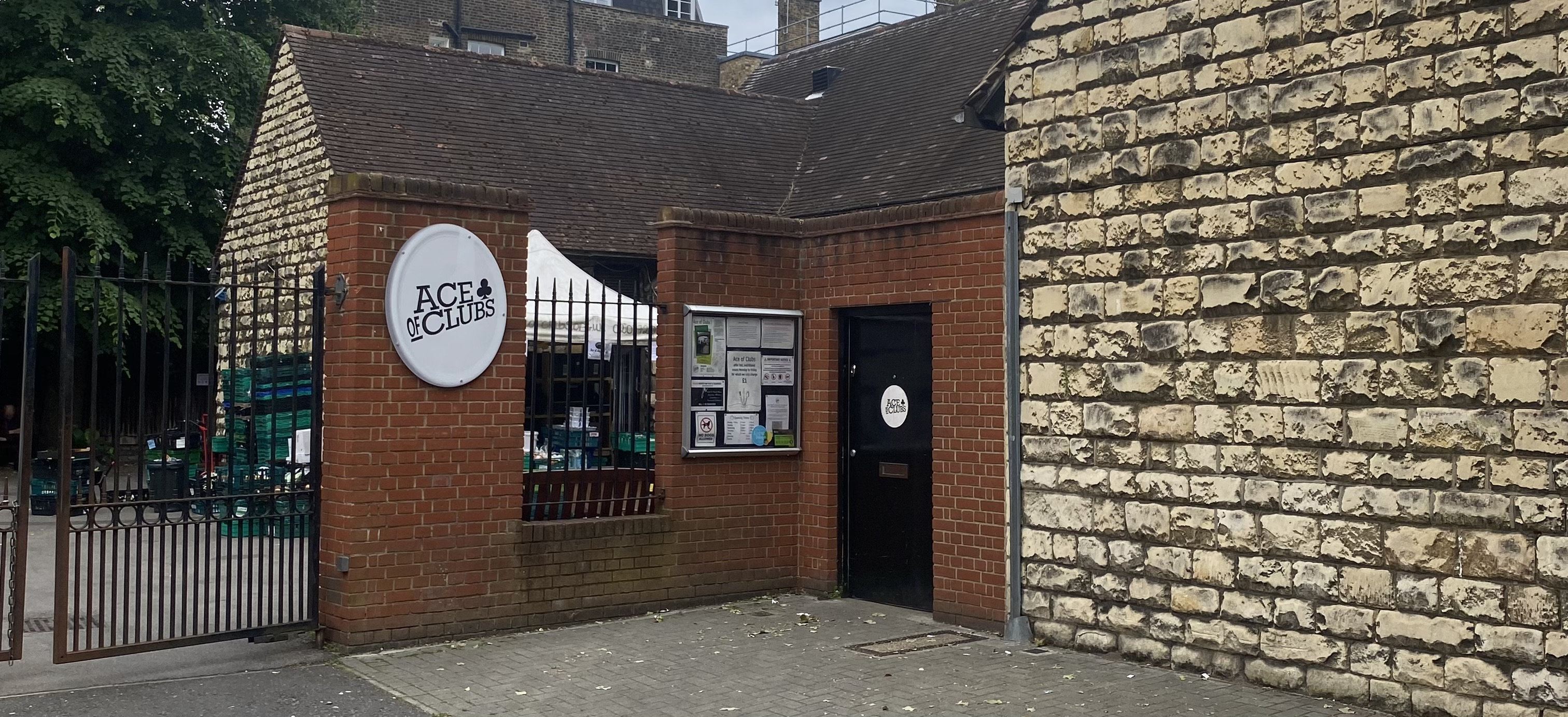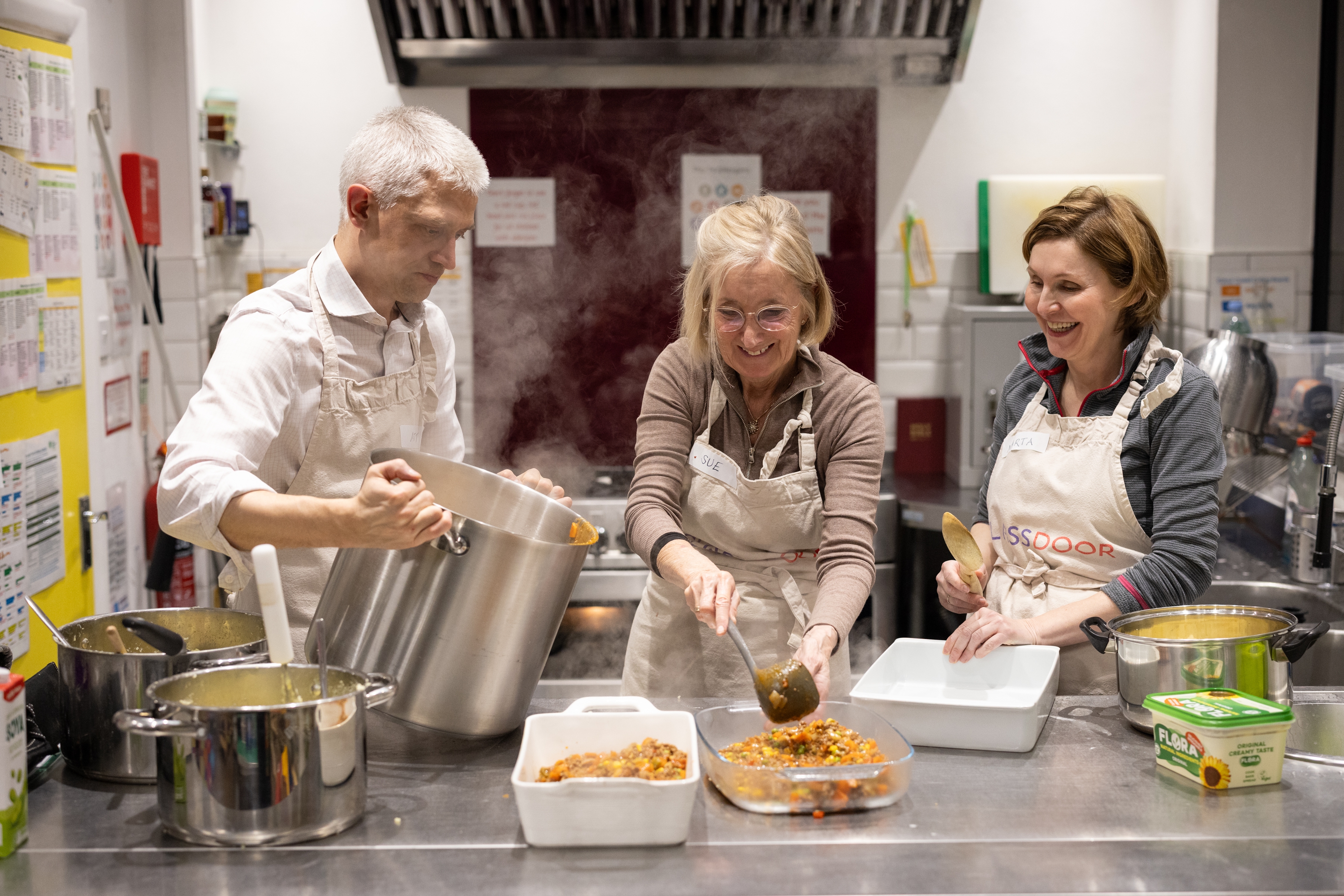
Wimbledon Foundation: Funding hope for the homeless

London is facing a homelessness emergency—more people are sleeping rough than ever before, and local charities are stretched to their limits. On World Homeless Day, discover how frontline organisations, supported by the Wimbledon Foundation, offer hope and vital support to those most at risk.
In March 2025, the Greater London Authority’s Combined Homelessness and Information Network’s annual report stated London had 13,231 people registered as sleeping rough in our capital - the highest number ever recorded and 63% higher than a decade ago. In addition, just over half of those people who had not previously been recorded as rough sleeping until 2024/25 were most recently living with family/friends/partner or in private rented accommodation.
London’s homeless charities face a perfect storm of rising demand for support from people experiencing homelessness while also navigating increased organisational costs due to the cost of living crisis. However, thanks to the Wimbledon Foundation’s Homelessness Fund, four homeless charities have received essential core costs grants for three years, totalling £480,000, until December 2027. This funding ensures they can maintain and develop their services and support to people experiencing homelessness in Merton, Wandsworth and surrounding South West London boroughs.

An increasing number of Londoners are forced to live without a roof over their heads, including in our local community of Merton and Wandsworth. Through the Wimbledon Foundation Homelessness Fund, we’re providing core funding to four local homelessness organisations who have in-depth expertise and commitment to address this growing social issue and meet the complex social needs associated with homelessness.
Paige Murphy, Head of Wimbledon Foundation
The charities being funded includes Ace of Clubs which has for 30 years been a day centre for the homeless and vulnerable, based in Clapham on the Wandsworth/Lambeth border. The charity’s Director, Heidi Shrimpton explains that “When people arrive at Ace of Clubs, they are often at their lowest point and they find sanctuary. Their basic needs are met under one roof, but the ongoing stress of homelessness still weighs heavily, affecting every part of their lives—including the ability to secure work."
The pandemic had a profound impact not only on the mental health of homeless individuals but also on their long-term wellbeing. Awarded core costs funding from Wimbledon Foundation Homelessness Fund since 2019, primarily towards salaries for key roles, Heidi believes that over this period, “the greatest challenge for us at Ace of Clubs has been the rising number of guests, many of whom have complex and overlapping needs. Food insecurity—driven by the Covid crisis, the rising cost of living, and the ongoing housing crisis—has significantly increased demand. Many guests require intensive, one-to-one support from our Case Workers, yet access to mainstream healthcare remains a major barrier."

The Faith in Action Merton Homelessness Project (FIA-MHP) Homeless Drop-In is based a short walk from South Wimbledon tube, providing hot meals, showers, laundry and 1-2-1 support for people experiencing homelessness or living in unstable housing. They prioritise those who are marginalised or hardest to reach, across Merton and neighbouring boroughs. Their small staff team and volunteers regularly see 65-70 people at each of their twice weekly Drop-In sessions.
Awarded a Wimbledon Foundation Homelessness Fund grant last December to fund the key post of Merton Homeless Drop-in Manager for three years, they report that “The number of individuals experiencing homelessness for the first time is going up. On average, we currently see 1–2 new people per week. Dealing with tangible matters such as access to benefits, bank accounts, phones, etc. is relatively straightforward. However, so many individuals present with complex and challenging needs including physical, mental health and addiction issues."
Over the past six years, Spires’ partnership with the Wimbledon Foundation Homelessness Fund has been transformative. Initial funding in 2019 allowed Spires to upgrade its IT infrastructure and client database, which proved critical during the COVID-19 pandemic. These improvements meant Spires could remain operational throughout lockdowns, adapting quickly to remote work and continuing to deliver essential services such as takeaway food, socially distanced support, and assistance with accommodation and vaccinations. Staff and clients have highlighted the vital role the Homelessness Fund support played in maintaining continuity and impact during this turbulent period.
As the pandemic subsided, Spires faced new hurdles, including funding pressures and the need to relocate from its long-term Streatham site. Wimbledon Foundation Homelessness Fund provided further funding, supporting Spires’ transition to a multi-site model that expanded its reach across communities. By late 2023, new drop-in centres for rough sleepers, refugees, and women were established in West Norwood, Croydon, and Stockwell. Most recently, CEO Matt Wilson said that “we were delighted to receive a further three years of funding from Wimbledon Foundation Homelessness Fund. This enabled us to realise a long-term ambition: establishing a service in Wandsworth.” A weekly Rough Sleepers’ Drop-In service was launched in partnership with St Nicholas’ Church in Tooting. In its first ten months, this initiative has already supported 105 people, marking a promising start to a long-term project and underscoring the enduring value of the partnership with Wimbledon Foundation.

In last week’s blog, we focused on our final Wimbledon Foundation Homelessness Fund grantee for 2025-27, Glass Door, who were holding their annual Sleep Out event. The strong winds and heavy rain of Storm Amy forced them to provide an indoor venue in a local church and suitable accommodation is the most pertinent day-to-day challenge their guests face too. The lack of quality and affordable housing in the private rented sector is a big issue, as well as little to no access to social housing and suitable supported housing.
“Our biggest challenge as an organisation is the year-on-year increase in demand and the complexity of guests’ circumstances. Over the last couple of the years we’ve seen an increase in guests 18-35, women and refugees experiencing homelessness - with each facing unique challenges.” reported Glass Door, “we must continue to evolve to meet the rising demand with our current resources, adapting and delivering services tailored to the changing needs of our guests whilst also ensuring the wellbeing of our staff.”

Stand with London's community organisations
If you or your company would be interested in providing vital funds to London's network of community organisations, contact us to discover your options and start making a difference.
